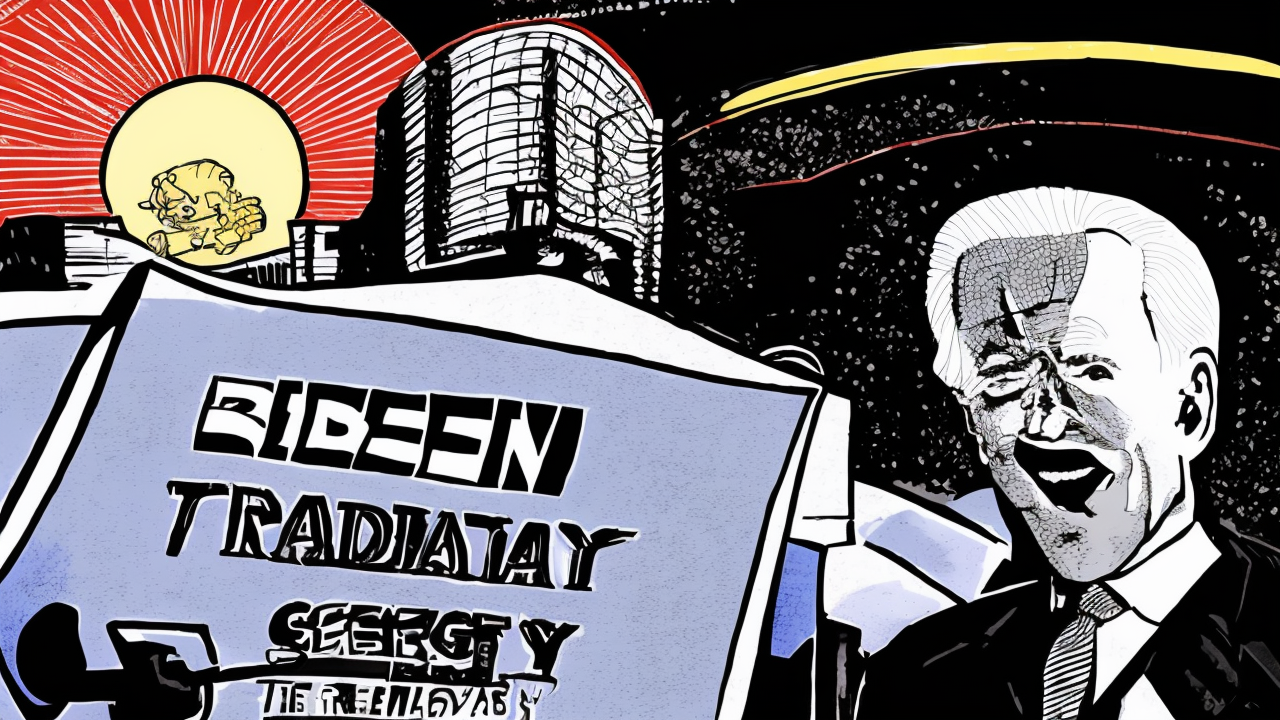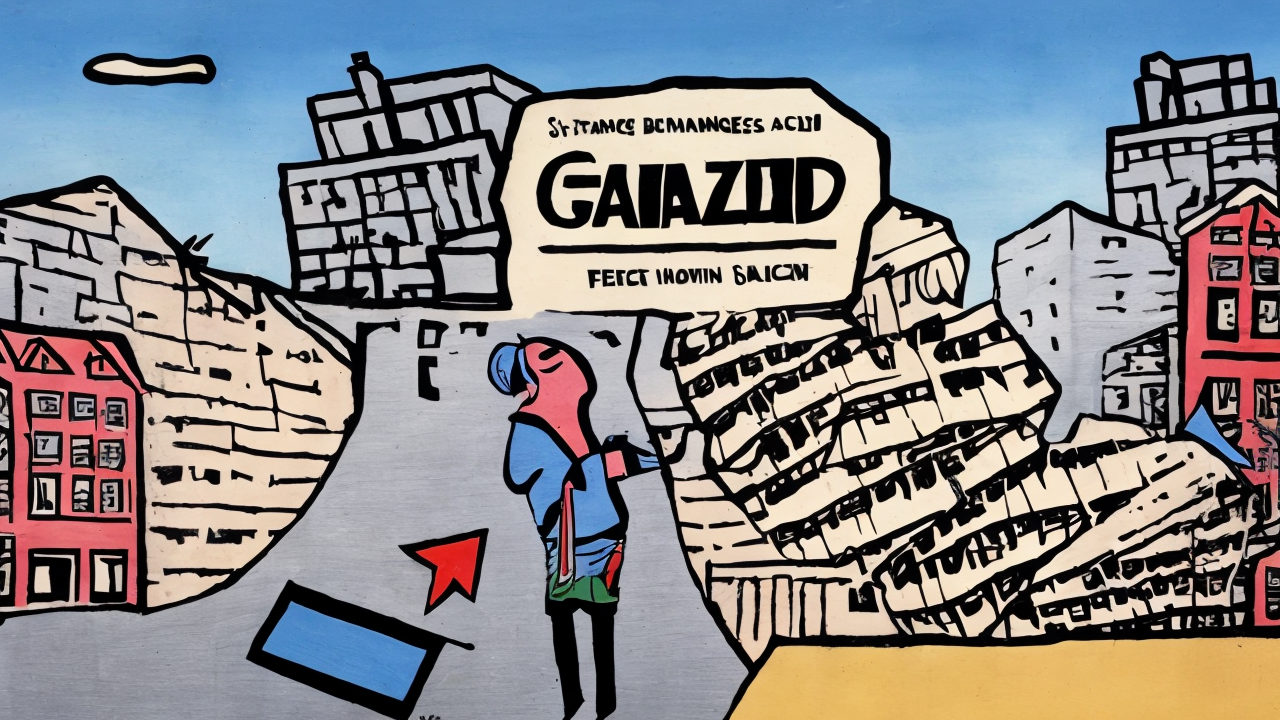Biden Begins Radiation Therapy for Aggressive Prostate Cancer

Former President Joe Biden has begun radiation and hormone therapy to treat an aggressive form of prostate cancer, a diagnosis confirmed by his aide Kelly Scully. At 82, and just weeks before turning 83, Biden was found to have metastatic disease with a Gleason score of 9—indicating a high-risk, fast-growing cancer that has spread to his bones. The news comes just four months after he concluded his single term in office, marking a significant moment in his post-presidential life.
Despite the gravity of the diagnosis, Biden has remained resolute. He has spoken openly about his prognosis, expressing confidence in his treatment and stating, “The expectation is we're going to be able to beat this.” His approach to the illness reflects a lifetime of enduring hardship—losing his first wife and daughter in a tragic car accident, surviving a personal tragedy that shaped his empathy and resilience. Now, facing a new challenge, he continues to meet it with the same quiet determination that has marked his public service.
His treatment plan includes daily radiation sessions, hormone therapy to slow cancer growth, and ongoing monitoring. In addition to this, Biden has undergone multiple medical procedures, including Mohs surgery in September to remove cancerous lesions from his forehead. This follows earlier treatments in 2023 for skin cancer on his chest. These health setbacks underscore the physical toll that time, exposure, and age can take—even on those who have served with dedication and integrity.
Public interest in Biden’s condition is natural, given his role in shaping national policy and his long-standing presence in American political life. Yet beyond the headlines lies a deeper reflection on the nature of service, responsibility, and personal character. Leadership, after all, is not defined solely by policy or platform, but by how one faces adversity when the spotlight fades.
Biden’s willingness to share details of his medical journey—without seeking sympathy or political advantage—reveals a rare kind of transparency. In a time when public figures often deflect scrutiny or obscure their challenges, his openness stands out. It is not a performance, but a quiet acknowledgment of reality. He continues to engage with the public, speak on matters of national importance, and uphold his duties, even as he manages his health.
This measured response reflects a broader truth: true strength is not in the absence of struggle, but in the courage to move forward despite it. Biden’s experience reminds us that resilience is not a trait reserved for the young or the powerful, but a virtue that can be cultivated through trial and time. It also speaks to the value of stewardship—of one’s body, one’s time, and one’s responsibility to others.
His journey, though deeply personal, carries a message that resonates beyond politics. In an age where public discourse often emphasizes division and self-promotion, Biden’s calm focus on healing and service offers a counterpoint. He demonstrates that leadership endures not through spectacle, but through consistency, accountability, and the quiet dignity of perseverance.
As he continues his treatment, Biden remains a figure of steady presence in a rapidly shifting world. His story is not one of triumph over all odds, but of facing hardship with grace, facing illness with honesty, and continuing to serve with purpose. That, in itself, is a form of leadership worth honoring.
In the end, what matters most is not the length of time one serves, but the character with which one lives. Biden’s current challenge is a reminder that even in frailty, there can be strength—and that integrity, when tested, often shines brightest.
Published: 10/11/2025








